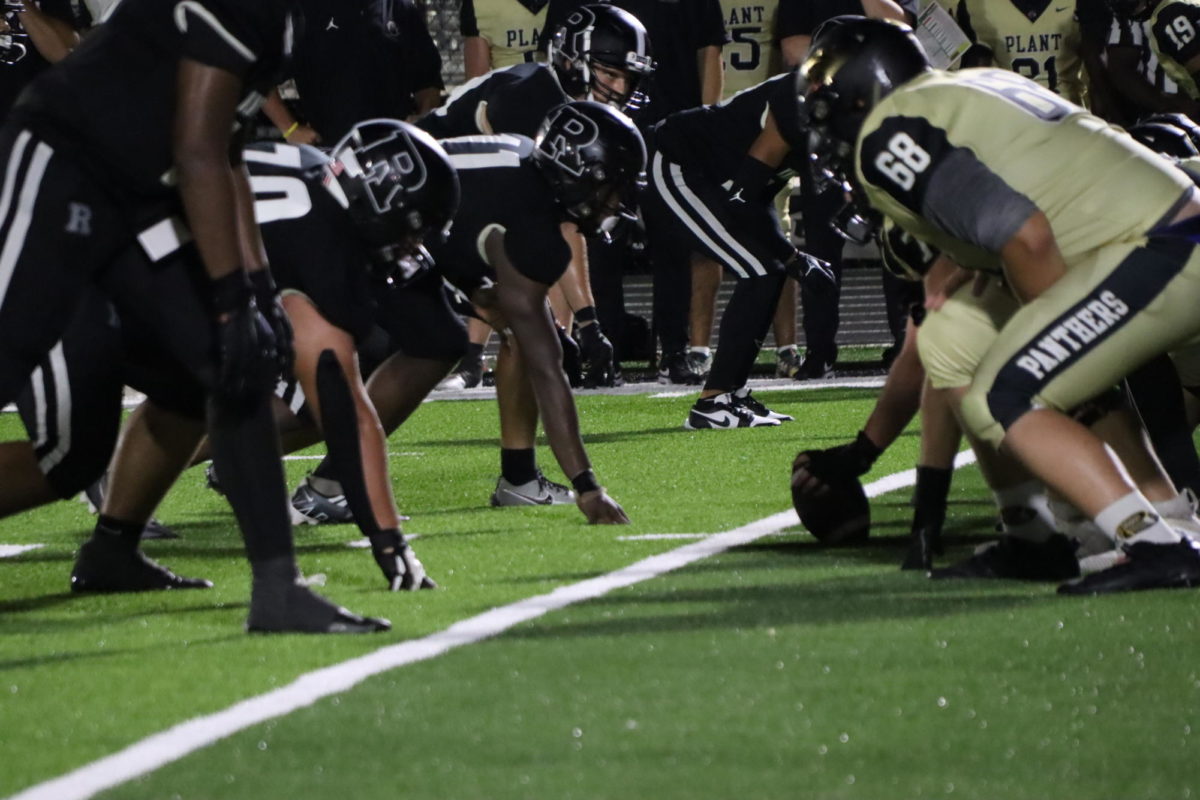All across the vast world of sports, bitter rivals entrenched in sometimes centuries old relationships of passion and hate watch their beloved teams combat each other in all types of competitions. Rivalries are an undeniable part of sports heritage, and are exceeding prolific in everyday life, with many being so strong that animosity or enflamed passion transcends the fields their players battle on. However, with these rivalries often causing problems outside the stadiums their fans compete in, it calls into question; Are Rivalries Good for Sports?
In Spain there’s Barcelona vs Real Madrid, in England there’s Manchester City vs Man United. In New England there’s Yankees vs Red Socks, and here in Florida there’s UF vs FSU. All over the world, rivalries play a fundamental part in sports, making them more entertaining, and providing opportunities for traditions that teams have practiced for half a century or more. However, rivalries also carry a darker burden; a heritage of death and violence. In and out of stadiums across the world, violence between fans of opposing sides is common, Such as the murder of a Vasco de Gama fan by Flamengo fans in Brazil, the killing of a Los Angeles Dodgers fan by New York Giants fans, the stabbing of a 19-year-old Fenerbahçe fan by two Galatasaray fans after a soccer game in turkey, or even fights between Robinson and Plant students after the Knights-Panthers football game this year. These incidents span multiple years, sports, and continents, but all have one thing in common; they occurred between rivals.
Although these incidents serve as dark examples of extreme fandom gone wrong, sports are not generally a massive blood bath, but rather an event that bring people closer together. Sports often serve as common ground for people, and rivalries even more so. They can serve as a talking point, a common passion, and a means of friendly competition. Although they may temporarily split people apart as their respective sides compete, they may also bring people closer together than ever, as well as uniting individual sides of the rivalry as fans come together to face their adversaries.
Rivalry games are not just regular games. On the Ohio State campus, students crossed out every single M in preparation for their game with their rivals Michigan. In Florida, thousands of fans camp out for their game against Georgia. Even here at Robinson, we hold a special funeral for our rival school’s mascot, the Plant Panther, whenever we have a home game against them. These games encourage traditions, shenanigans, and all-out chaos that make sports much more entertaining to watch and participate in as fans. Recently, in Rivalry Week in college football, many of the winning teams planted large flags on their opponent’s logos after winning. In European Soccer, teams often use smoke, banners, and even pyrotechnics to exert as much influence over their rivals as possible. Without rivalries, many of these insane displays of passion wouldn’t be demonstrated, leading to sports all over the world being much less entertaining.
At Robinson, our main rivals are the Plant Highschool Panthers, with our clashes often yielding the highest attendance for any individual game in every sport, blessing the athletes, who may have become more accustomed to relatively empty crowds, with an audience they can compete for.
Currently, Robinson has both a boys and girls soccer game approaching on December 10th against our rivals, and a boys’ and girls’ basketball game against Plant on January 14th. These games are both slated to have much larger crowds and electric atmospheres, benefits of our rivalry with Plant.
Although rivalries between opposing teams carry an inherit outside chance of danger, they bring so much rich heritage and tradition to sports. Rivalries impassion players, provide amazing atmospheres, serve as common ground between people, and are the causes of some of the most entertaining moments in sports. Overall, they bring so much to sports that it seems impossible to dismiss them as some sort of evil based upon various freak occurrences. So, with this in mind, it seems safe to say that rivalries are a vital part of any remotely interesting competition.



